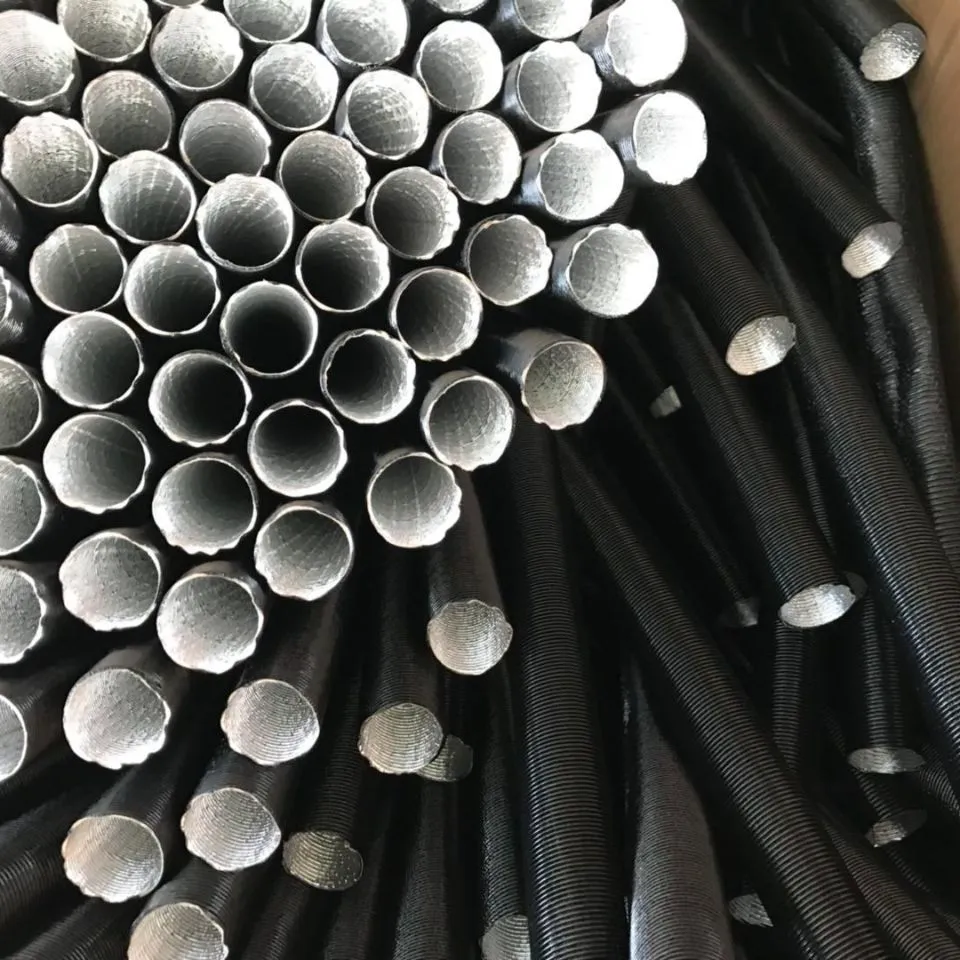lpg gas hose
Understanding LPG Gas Hoses Safety, Types, and Maintenance
Liquefied Petroleum Gas (LPG) is a popular fuel choice for various applications, including heating, cooking, and powering vehicles. To ensure safe and efficient usage of LPG, the choice of gas hoses plays a crucial role. In this article, we will explore the importance of LPG gas hoses, the different types available, and best practices for their maintenance.
Importance of LPG Gas Hoses
LPG gas hoses serve as conduits between the gas storage equipment, such as cylinders or tanks, and the appliances that use the gas. Their primary function is to transport LPG safely and efficiently. Given the flammable nature of LPG, selecting the right hose is critical to prevent leaks, which could lead to dangerous situations, including explosions and fires. Therefore, understanding the specifications and safety standards of LPG hoses is essential for both residential and commercial applications.
Types of LPG Gas Hoses
There are various types of LPG gas hoses designed to cater to specific needs. The main categories include
1. Rubber Hoses These are among the most common types of LPG hoses. Made from synthetic rubber, they are durable and flexible, providing good resistance against weather conditions. Rubber hoses are widely used for both domestic and commercial purposes but may have a shorter lifespan compared to other materials.
2. PVC Hoses Polyvinyl chloride (PVC) hoses are lightweight and resistant to corrosion. They are suitable for low-pressure applications and are often used in domestic setups. However, PVC hoses may not be ideal for high-pressure systems, as they can bulge or rupture under stress.
3. Stainless Steel Hoses For high-pressure applications, stainless steel hoses are preferred. They offer exceptional strength and durability, making them ideal for industrial use. Stainless steel hoses do not corrode and can withstand extreme temperatures, making them a reliable choice in harsh environments.
4. Composite Hoses These hoses are made from a combination of materials, providing enhanced flexibility and resistance to abrasion. Composite hoses are often used in specialized applications, such as in the transport of LPG in large volumes.
lpg gas hose

Safety Standards and Regulations
When selecting LPG gas hoses, it is crucial to ensure they comply with relevant safety standards and regulations. In many regions, hoses must meet standards set by organizations such as the American National Standards Institute (ANSI) or the International Organization for Standardization (ISO). These standards ensure that the hoses are tested for pressure, temperature, and various stress conditions, providing assurance of their safety and reliability.
Maintenance of LPG Gas Hoses
Regular maintenance of LPG gas hoses is essential to ensure their longevity and safe operation. Here are some key practices to follow
- Routine Inspections Periodically check hoses for any signs of wear, cracks, or abrasions. Look for leaks by applying soapy water to connections; bubbles indicate a leak that needs immediate attention.
- Proper Storage When not in use, store hoses in a cool, dry place away from direct sunlight and extreme temperatures. Proper storage helps prevent degradation of the material.
- Replace When Necessary LPG hoses have a limited lifespan. Always follow the manufacturer’s guidelines regarding replacement intervals. If a hose shows any signs of damage, replace it immediately.
- Ensure Proper Connections Always ensure that hoses are securely connected to both the gas source and the appliance. Loose connections can lead to gas leaks.
Conclusion
LPG gas hoses are vital components in the safe use of liquefied petroleum gas. Understanding the different types available, adhering to safety standards, and implementing regular maintenance practices can greatly reduce the risk of hazards associated with gas usage. By prioritizing safety, you ensure a reliable and efficient gas system for your needs.
-
Unrivaled Performance and Applications of PU Pneumatic Hoses and TubesNewsJun.11,2025
-
The Transparent World of Industrial Tubing and Hosing SolutionsNewsJun.11,2025
-
The Intricate World of Pneumatic Conduits: Tubes and HosesNewsJun.11,2025
-
The Dynamic Landscape of Pneumatic Conduits: Unraveling Key ComponentsNewsJun.11,2025
-
The Diverse Applications and Significance of Transparent PVC TubingNewsJun.11,2025
-
High - Pressure Pneumatic Tubing and Systems: An In - Depth LookNewsJun.11,2025














